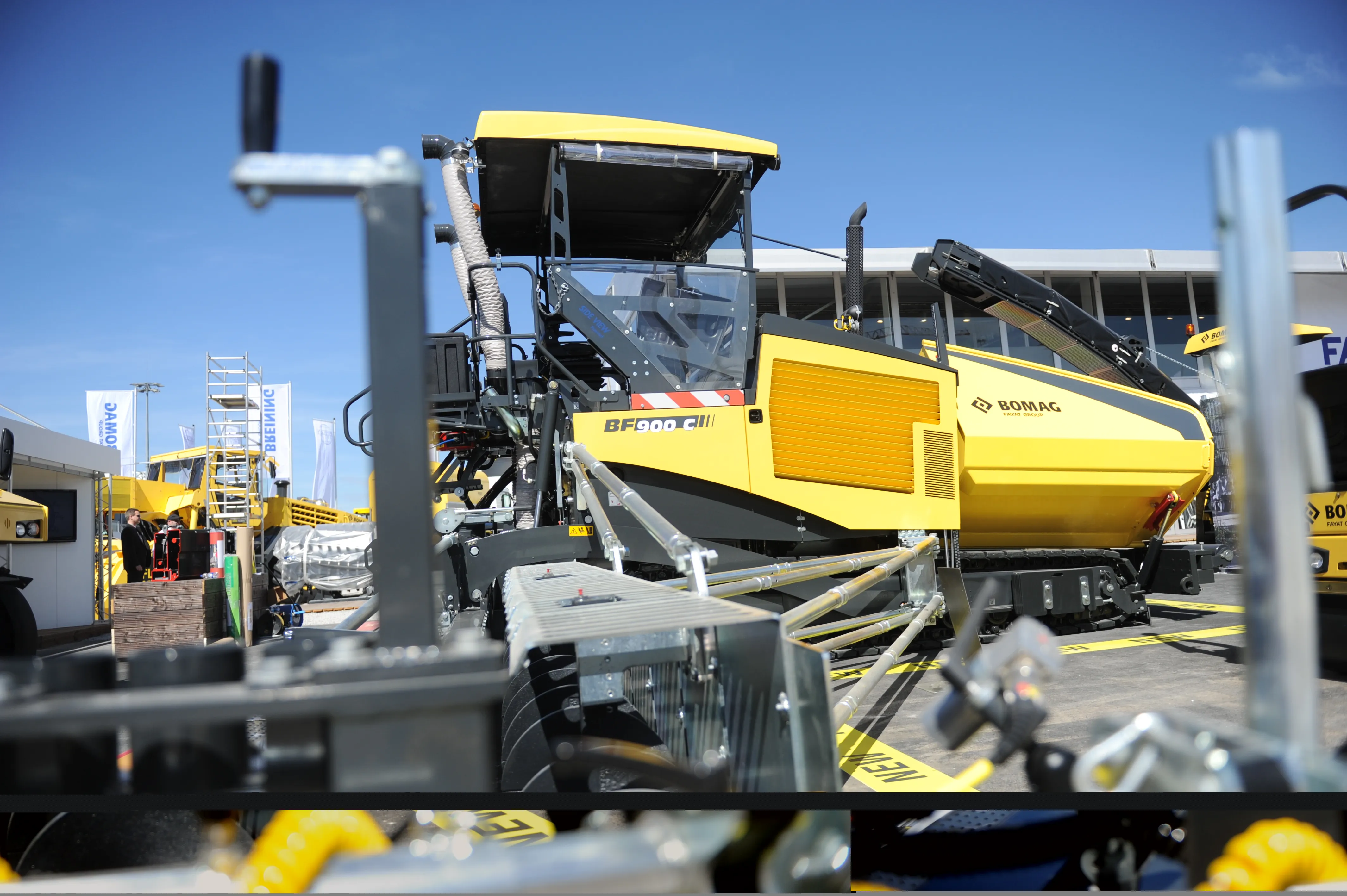Blue smoke belches from spinning tyres as possibly the world’s fastest street-legal electric vehicle takes off down the track at Santa Pod Raceway in the UK.
Sports journalist and commentator Jonny Smith pushed his bright orange Flux Capacitor, a reworked electric Enfield 8000 from the 1970s, to a sub-10 second quarter mile - 9.86 seconds to reach 121.73mph.
Not bad for a car designed with a top speed of 40mph in mind. The noise in the video is from the petrol-engine car that struggled to keep up.
July 25, 2016
Read time: 2 mins
Blue smoke belches from spinning tyres as possibly the world’s fastest street-legal electric vehicle takes off down the track at Santa Pod Raceway in the UK.
Sports journalist and commentator Jonny Smith pushed his bright orange Flux Capacitor, a reworked electric Enfield 8000 from the 1970s, to a sub-10 second quarter mile - 9.86 seconds to reach 121.73mph.
Not bad for a car designed with a top speed of 40mph in mind. The noise in the video is from the petrol-engine car that struggled to keep up.
It’s rare for an electric car to beat out other cars. It’s even rarer if the electric car is one of less than 200 that were built 35 years ago as a run-about-town vehicle.
According to media reports last month, Smith took out the 12V batteries and 6kW engine and spent £30,000 stuffing into the tiny vehicle 188 lithium-ion cells – the same array of power that kick-starts the Bell Super Cobra military helicopter. He reportedly named the car Flux Capacitor in honour of the fictional device that powers the time-travelling DeLorean in the Hollywood movie Back to the Future.
But what is an Enfield 8000?
It was a two-seater built in the UK between 1973-77 by Enfield Automotive, owned by Greek millionaire Giannis Goulandris. Only 120 were produced at the site on the Isle of Wight, just off the south coast of England. Of these, 65 were bought by local public electricity providers as service vehicles.
The car has a tubular chassis frame with aluminium body panels. It used suspension parts from the British Hillman Imp car, doors adapted from the Mini and a rear axle derived from another eccentric British run-about, a Reliant three-wheeler.
Goulandris later moved production to the Greek island of Syros and renamed the company Enfield-Neorion, with headquarters in Piraeus, a port near Athens. He built only around 100 with virtually all sent back to the UK because, for tax reason, they were illegal on Greek roads. But one of them resides well preserved in the Ermoupolis Industrial Museum in Syros.
To read more about Jonny Smith’s conversion and see pictures of the little beastie, %$Linker:2 External <?xml version="1.0" encoding="utf-16"?><dictionary /> 0 0 0 oLinkExternal click here Visit flux-capacitor.co.uk false http://flux-capacitor.co.uk/the-car/ false false %> to enter his website.
Sports journalist and commentator Jonny Smith pushed his bright orange Flux Capacitor, a reworked electric Enfield 8000 from the 1970s, to a sub-10 second quarter mile - 9.86 seconds to reach 121.73mph.
Not bad for a car designed with a top speed of 40mph in mind. The noise in the video is from the petrol-engine car that struggled to keep up.
It’s rare for an electric car to beat out other cars. It’s even rarer if the electric car is one of less than 200 that were built 35 years ago as a run-about-town vehicle.
According to media reports last month, Smith took out the 12V batteries and 6kW engine and spent £30,000 stuffing into the tiny vehicle 188 lithium-ion cells – the same array of power that kick-starts the Bell Super Cobra military helicopter. He reportedly named the car Flux Capacitor in honour of the fictional device that powers the time-travelling DeLorean in the Hollywood movie Back to the Future.
But what is an Enfield 8000?
It was a two-seater built in the UK between 1973-77 by Enfield Automotive, owned by Greek millionaire Giannis Goulandris. Only 120 were produced at the site on the Isle of Wight, just off the south coast of England. Of these, 65 were bought by local public electricity providers as service vehicles.
The car has a tubular chassis frame with aluminium body panels. It used suspension parts from the British Hillman Imp car, doors adapted from the Mini and a rear axle derived from another eccentric British run-about, a Reliant three-wheeler.
Goulandris later moved production to the Greek island of Syros and renamed the company Enfield-Neorion, with headquarters in Piraeus, a port near Athens. He built only around 100 with virtually all sent back to the UK because, for tax reason, they were illegal on Greek roads. But one of them resides well preserved in the Ermoupolis Industrial Museum in Syros.
To read more about Jonny Smith’s conversion and see pictures of the little beastie, %$Linker:








